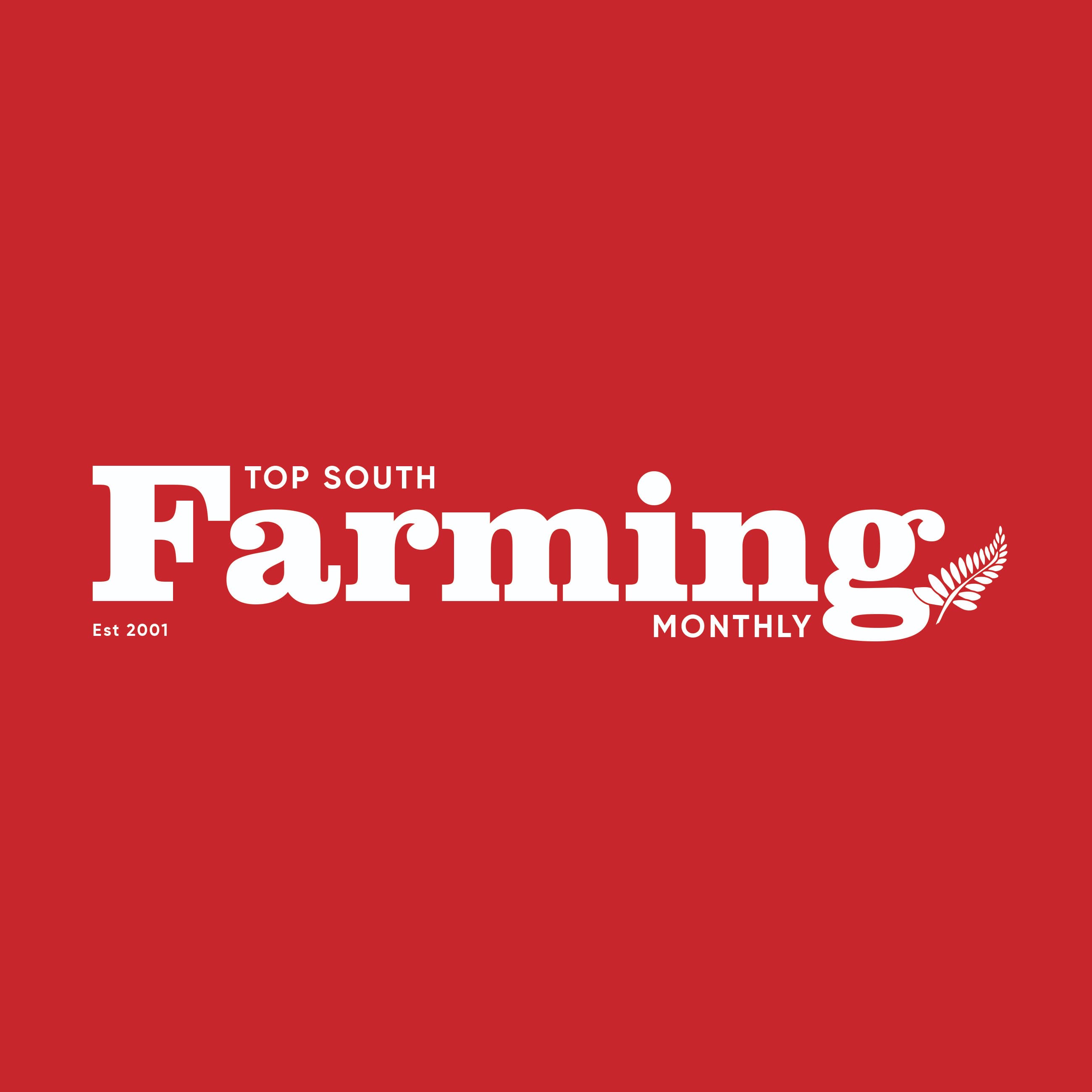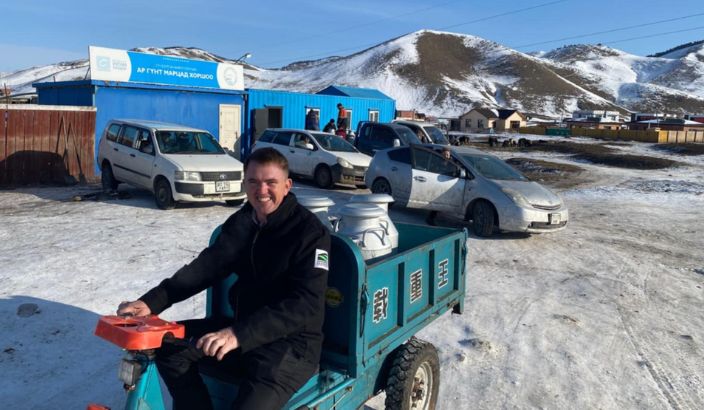From Golden Bay to Mongolia


Wayne Langford during a recent trip to Mongolia, captured at a local farmer-owned co-op during milk drop-off time. Photo: Supplied.
Federated Farmers Golden Bay
Golden Bay is lucky to have Wayne Langford, President of Federated Farmers, farming in the Bay, and at our April meeting he talked about his recent trip to Mongolia.
He travelled alone, before meeting with Foreign Minister Winston Peters and his New Zealand delegation.
While there, Wayne met with farmers, processors, industry bodies and government officials from the Mongolian Government.
It was still winter, and temperatures were a bit chilly at -21C when he arrived. This didn’t put him off visiting both outdoor and indoor faming systems during his visit, starting with a farmer-owned dairy co-op and arriving just as farmers came in to drop off their cream cans from the back of their Toyota Prius vehicles.
Before being tipped into the silo, milk was tested for quality, including a Somatic Cell Count and temperature. The herds here were mainly family operated, milking 20-50 cows, housed in small sheds/barns from September to May.
During the summer the cows grazed outside, often mixing with neighbouring cows as there are no landholdings and no fences; the cows all knew their way home, separating themselves out to their own dairies when returning for milking each day.
There are about 1200 dairy farmers across Mongolia supplying 60% of the domestic market. When it comes to the red meat sector, thousands of nomadic farmers look after the livestock. Beef, sheep, goats and horses are on the menu, with most processed via ‘home kill’ or a non-registered processor with very little regard to official food safety standards that have in NZ.
Mongolia is particularly proud of its cashmere sector, and it provides 40% of the world’s supply. Its quality stands tall with any other fine fibre across the world, challenging the likes of NZ merino with high-end and labelled brands.
The leaders in this sector talked to us about the opportunities to work together with shearing, farmer-training and emissions-profile recording. This group appeared to be the only ones really interested in emissions and Climate Change.
Wayne found the farming culture to be shifting from that of self-sufficiency as a family, to self-sufficiency and food security as a country. This is leading farmers to pull together to form co-operatives and looking at off-farm processing, particularly in the meat and dairy sectors. Both our countries see huge advantages in working in partnership on issues like food safety, food security, climate change, improving farm production and profitability.
The visit was a response to the Mongolian Parliamentary visit to New Zealand and sought a closer understanding between the two countries, particularly in the agricultural sector. Wayne’s travel expenses were funded by the Ministry for Primary Industries.
